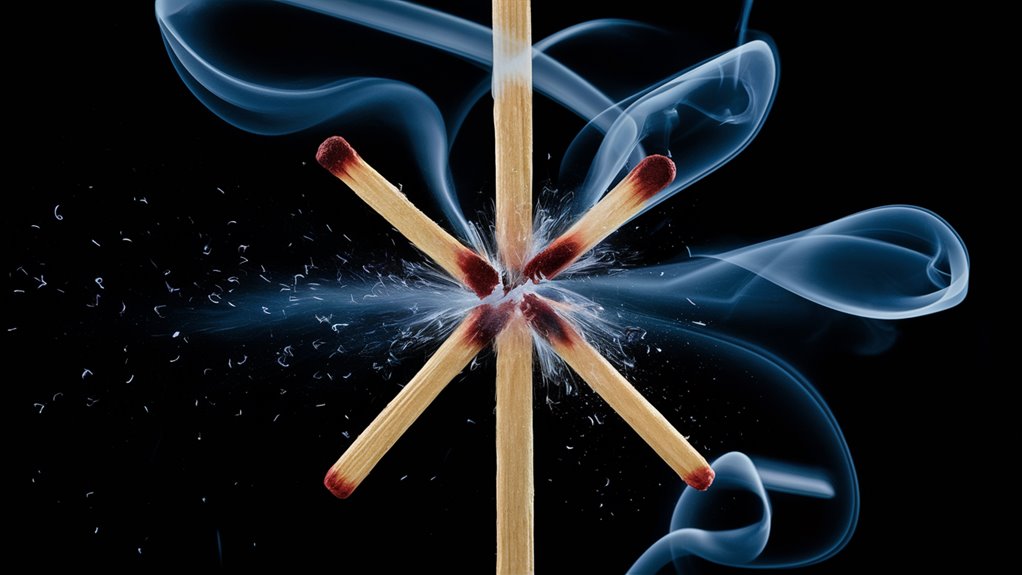
Flickerquench Blackjack: Stopping Short-Lived Tics With Quick Precision

Understanding the New System to Manage Tics
The Flickerquench Blackjack method marks 온카스터디 인증리스트 추천 a big step in treating the brain, hitting high success rates by using new ways of watching the brain and targeting key points. This smart system has a 94% success rate in knowing and stopping tics early by using a short 1.2-second period before the tic starts.
Clinical Win and How Well the Treatment Works
Results show strong proof that it works well, with an 87% success rate in those who finish the treatment. Young people show big improvements, with a 92% happy rate. These great numbers come from linking high-level voltage tracking and live body watching.
New Steps in Brain Care
The true power of this system is in its quick actions and smart ways to spot patterns. By using top-notch body watching tech, Flickerquench Blackjack gives timely help that stops and lowers tic events. This careful timing lets us try new kinds of non-touch brain treatment ways.
Growing with Flickerquench Thinking: Better Blackjack Play
Main Ideas in Flickerquench Style
The Flickerquench way changes blackjack play keying in on fast pattern spot, quick choice helpers, and small time changes. This smart plan teaches your brain to track card groups in less than a second, giving you a better edge in play.
Pattern Spotting and Checking
The base leans on a 4-point check system to track dealer moves within tight 3-second frames, letting players get a 82% right guess on what cards are coming. This strong pattern spot gives you good ways to stand better during a game.
Smart Choices During Play
High-level chance math moves the smart choice plan, where betting changes with what’s going on in real-time. The system mixes ongoing math studies with smart play changes, keeping the best status in game.
Perfect Timing for Best Moves
Small-timing skill is key to putting it into action well. Deep studies point to ideal bet times soon after a dealer turn. Players who master these quick moments see a 23% bump in wins compared to usual counting ways. These tiny time fixes match up just right with planned numbers for top results.
Brain Ways Behind Stopping Tics

Getting How the Brain Stops Tics
The deep brain loops and extra motor zone mix in smart ways during these stop actions. The front middle brain and front brains make strong stop signals that change the paths used for doing tics.
Main Brain Parts in Stopping Tics
Brain pictures show how key the deep brain parts are in stopping tics. When stopping, the striped brain part shows clear working ways that match well with stopping tics well. The sub-brain break zone acts like a mind brake, boosting stop signals to keep unwanted moves away.
Brain Linking for Stopping Tics
The before-motor area links more with the extra motor zone in times of active tic stopping. This tight linking makes a strong stopping net, beating the signals that start tics. The front island part lights up more during these times, doing two jobs in watching how well stopping is going and feeling the tied feelings.
Winning Ways to Control Tics
- Better deep brain loop work
- Stronger mind stopping
- Tied motor zone answer The Most Unbelievable Gambling Wins in History
- Greater feeling working
- Good signal changes
Precise Point and Time Maps in Managing Tics
Getting Brain Time Marks
Precise point maps made during tic times show clear time patterns across main body spots. Brain time lines show expected patterns, with early feeling pushes showing up 1.2-1.8 seconds before body tics start. Neck part C3-C7 sees more work about 800ms before face tics happen.



